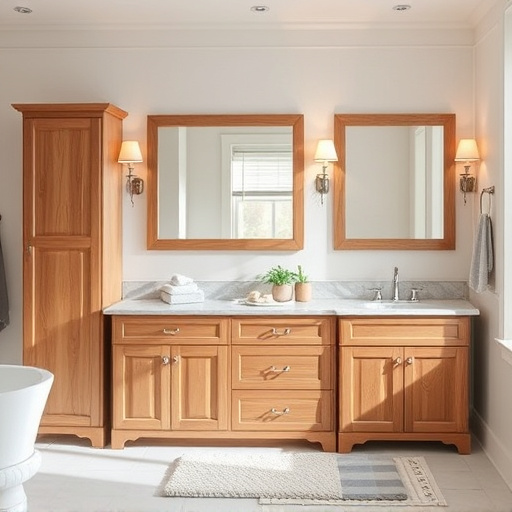Residential window tinting is a strategic solution for combating solar heat gain, a major cause of energy loss in homes during warmer months. Ceramic window tinting blocks solar heat efficiently without compromising visibility, keeping interiors cooler and reducing cooling needs. By creating a protective barrier against the sun's rays, it enhances home efficiency, promotes sustainable living, offers UV protection, and allows for personalization with custom graphics. Beyond energy savings, residential window tinting provides benefits like privacy, weather damage prevention, scratch resistance, easier cleaning, and long-term cost reduction due to reduced window replacements or repairs.
Residential window tinting is more than just a style choice; it’s a strategic move towards enhancing home efficiency. With an understanding of how solar heat impacts homes, we uncover a powerful solution in residential window tinting for energy conservation. This technology blocks harmful UV rays and reduces heat transfer, lowering cooling costs. Beyond energy savings, residential window tinting offers privacy, fades furniture and artwork fading, and even contributes to the overall aesthetic appeal of your home. Discover how this simple upgrade can make a significant difference.
- Understanding the Impact of Solar Heat on Homes
- The Role of Residential Window Tinting in Energy Conservation
- Additional Benefits: Beyond Energy Savings
Understanding the Impact of Solar Heat on Homes

The sun, a powerful source of natural light, also contributes to significant energy loss in homes through what is known as solar heat gain. When sunlight enters through windows, especially during warmer months, it can cause indoor temperatures to rise, leading to increased reliance on air conditioning systems. This phenomenon is particularly pronounced in regions with harsh climates where homes are designed for insulation rather than ventilation. Over time, the excessive heat accumulation can result in higher energy bills and a less comfortable living environment.
Residential window tinting emerges as a strategic solution to mitigate this issue. Unlike traditional window treatments, ceramic window tinting offers advanced technology that blocks solar heat efficiently without obscuring visibility. By applying a thin layer of reflective material to windows, it creates a protective barrier against the sun’s rays, keeping interior spaces cooler and reducing the need for excessive cooling. This simple yet effective method not only enhances home efficiency but also contributes to sustainable living practices, especially when paired with high-quality finishes that ensure long-lasting protection and aesthetic appeal, similar to vehicle wraps.
The Role of Residential Window Tinting in Energy Conservation

Residential window tinting plays a significant role in energy conservation for homes, offering an efficient and cost-effective solution to reduce energy usage and lower utility bills. By applying specialized films to windows, residents can enjoy improved insulation properties that prevent heat gain during warmer months and keep interior spaces warm in colder seasons. This simple yet powerful technique directly impacts the energy efficiency of a home by minimizing the transfer of heat through glass, thereby reducing the workload on heating and cooling systems.
In addition to its energy-saving benefits, residential window tinting provides other advantages like UV protection. The films act as a barrier against harmful ultraviolet rays, safeguarding furniture, flooring, and artwork from fading and damage caused by prolonged sun exposure. Moreover, with custom graphics options available, homeowners can add a personal touch while still enjoying the practical advantages of window tinting, similar to how vehicle enhancement packages offer both aesthetic appeal and functionality.
Additional Benefits: Beyond Energy Savings

Residential window tinting isn’t just about saving on energy costs; it offers a multitude of other benefits that enhance your home’s overall efficiency and appeal. Beyond its ability to block harmful UV rays, which can fade furniture and damage flooring, tinted windows provide excellent privacy, reducing the need for interior lighting during the day. This results in not only lower utility bills but also less wear and tear on your home’s electrical systems.
Additionally, residential window tinting acts as a protective barrier against harsh weather conditions, scratching and other forms of damage. The high-quality films and protective coatings used in vinyl wraps create a durable surface that repels dirt and grime, making cleaning easier. This longevity also translates to cost savings in the long run, as it reduces the need for frequent window replacements or repairs.
Residential window tinting emerges as a powerful tool for enhancing home efficiency, offering a multifaceted solution beyond mere aesthetics. By understanding the impact of solar heat and implementing window tinting, homeowners can significantly reduce energy consumption, lower cooling costs, and contribute to environmental sustainability. Beyond energy savings, residential window tinting provides added benefits like UV protection and improved interior comfort, making it a smart investment for any home.














